 It is safe to assert that one of the most popular and contemporary discourse in the academic world is the direction of education. Theories and hypotheses continue to be put forward on the trajectory societal education should take in order to drive the needed development and innovation on which society thrives. This explains the different learning theories – from behaviourism to connectivism – that had been proposed and the myriad of curricula that has been formulated from these theories in recent times. For instance, there is the popular National Curriculum of England and Wales, the Common Core States Standards of the United States, the International Baccalaureate Curriculum, the National Core Curriculum of Finland, Cambridge International Curriculum and the National Curriculum of Nigeria to mention a few. The guiding philosophy behind each of these curricula apparently is the need to evolve a reliable system for providing learners with the education needed to drive change and development in human societies.
It is safe to assert that one of the most popular and contemporary discourse in the academic world is the direction of education. Theories and hypotheses continue to be put forward on the trajectory societal education should take in order to drive the needed development and innovation on which society thrives. This explains the different learning theories – from behaviourism to connectivism – that had been proposed and the myriad of curricula that has been formulated from these theories in recent times. For instance, there is the popular National Curriculum of England and Wales, the Common Core States Standards of the United States, the International Baccalaureate Curriculum, the National Core Curriculum of Finland, Cambridge International Curriculum and the National Curriculum of Nigeria to mention a few. The guiding philosophy behind each of these curricula apparently is the need to evolve a reliable system for providing learners with the education needed to drive change and development in human societies.

It has become a trend in developing countries, Nigeria especially, for private schools to project their visibility, and hence the desirability for parents to patronise them, on the internationally recognised curriculum they adopt. It is now a common sight in most cities of Nigeria, for instance, to see billboards and signposts with names of popular curriculums emblazoned alongside the names of the schools being advertised. This purportedly sets the school apart (or so the owners would like to think) as a foremost provider of quality education. Hence, quality and standards to a large extent automatically become measurable by the particular curriculum a school claims to adopt. Whether the practitioners in that school are properly trained to deliver the said curriculum is a fact completely lost on the buying public. But should quality education be merely a matter of applying a curriculum that may not even be suited to the realities of the society in which it is placed? Besides, what guarantee is there that this curriculum would drive the needed development and innovation the host society needs for self-sustenance and progress?
Educators – whether in the advanced nations or third world countries – have come to realise one important fact: each locality needs to develop a curriculum suited to providing her children/learners with an education that is functional. And oftentimes, this type of education cannot be provided by just one curriculum; there might be the need to fuse together the strengths of a number of curricula, conscientiously and meticulously adapting their philosophies to local needs and realities. This is the thrust of a functional education. In the words of Emmanuel Jesuyon Dansu, an Assistant Professor at Tohoku University, Sendai, Tokyo, Functional education is an approach to education that focuses on teaching practical skills and knowledge that can be applied in real-life situations. It is often seen as a way to prepare students for the challenges and demands of the workforce.1 A publication in the Unizik Journal of Educational Research and Policy Studies VOL.5 January-June 2021; https://unijerps.org by Okeke, Augustina O. quotes Amale K as proferring that, ‘ Functional education is that education which discovers the hidden qualities of the individual child and applies the best humanistic devices or strategies and method to develop them in the person. It takes cognisance of the child’s individuality and gives him or her the necessary opportunities to develop according to ability, interest and need. Functional education is marked by its relevance to the society and individual.’2
Combining these, it becomes clear that functional education is learner-centred education which helps the learner to acquire practical skills and knowledge applicable to real life situations, and not one designed to churn out graduates like in the automated routine of a production line. In other words, functional education embraces the uniqueness of every child and accepts that each child’s learning style, ability and preference might be different from that of others and so require a template that is both individualised and personalised. It recognises that each learner should first be treated as an individual, and not just another member of the herd. It acknowledges that to get the best out of the learner, the teacher must adjust to a pace that is suitable for the learner without isolating them from the input and influence of other learners. Simply put, functional education places the learner at the centre of all learning programmes, content and activities. Against the background of the reality of an increasingly interconnected world and pervasive globalisation, such an education must also equip the learner to appreciate and connect to the fact of the larger world and all the diversity that exists out there. It exposes the learner to the need for acceptance, tolerance and inclusion of others even if they do not personally agree with their beliefs, opinions or world views. It prepares the learner for the possibility of conflicting views and equips them with the skill for making comparative analysis, rational judgements and making informed decisions. Furthermore, It teaches the learner the benefit of communicating clearly, openly and diplomatically. Hence, functional education equips the student with the relevant competencies to thrive and contribute positively to his immediate environment as well as the larger world. This is why at Granny Murray Schools we emphasise an education that enhances the acquisition of life coping skills like accommodation, adaptation, collaboration, communication, creativity and innovation, critical thinking and problem solving, digital literacy, empathy, global citizenship, information literacy, leadership and personal development, media literacy, mindfulness and public speaking.
The evolution of careers and jobs point to the fact that gone are the days when individuals are merely defined by rigid job roles or professions like medicine, engineering or architecture. More and more people are finding fulfilment combining roles in these fields with careers in public speaking, creative writing, skit making or social media influencing. And the opportunities for such non conventional roles keep increasing. Thus an education that is functional will also anticipate change and prepare the learner to ride such changes for personal and group benefit. If we must prepare learners for a future that will likely keep changing, traditional views of education will have to be jettisoned. A shift in approach and strategy is needed.
Everyday, at Granny Murray Schools, we are confronted by the vastness and the numerous challenges of walking this path, yet it is one we are committed to keep pursuing, believing that we can only get better at it as the days go by. For us, it is not only the present, but also the future.
_______________________ https://www.linkedin.com/pulse/parenting-functional-education-emmanuel-jesuyon-dansu-s0k8c/ Amale, K. (2006). Corruption: The Bane of Quality Education in Nigeria. International journal of Higher Education research (IJHER) Vol. l.No.2P. 168-177. .




















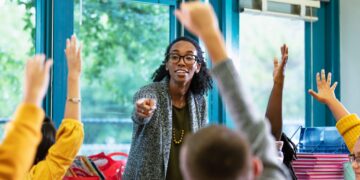
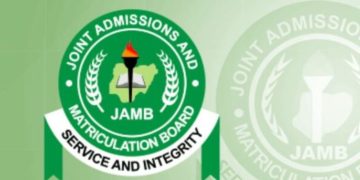
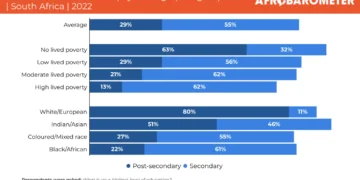

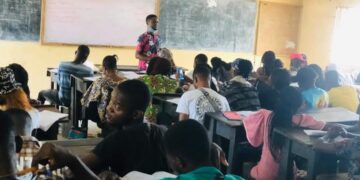
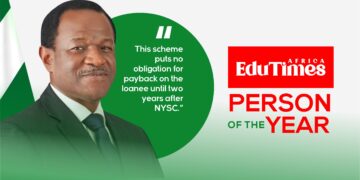










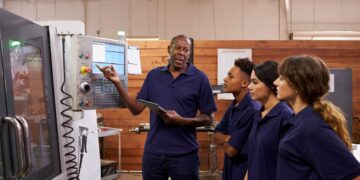
























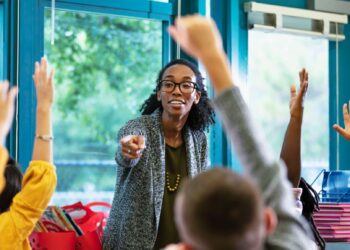
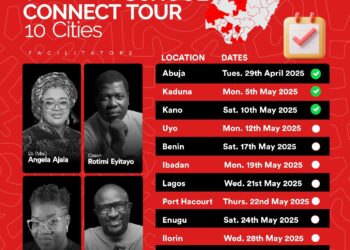
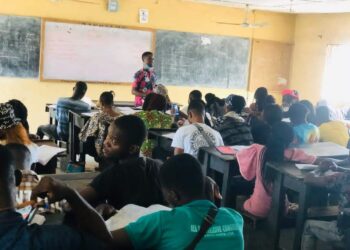
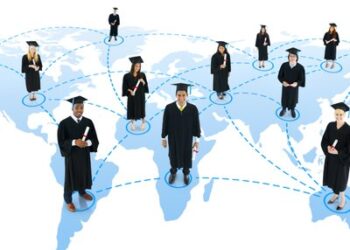



 EduTimes Africa, a product of Education Times Africa, is a magazine publication that aims to lend its support to close the yawning gap in Africa's educational development.
EduTimes Africa, a product of Education Times Africa, is a magazine publication that aims to lend its support to close the yawning gap in Africa's educational development.

